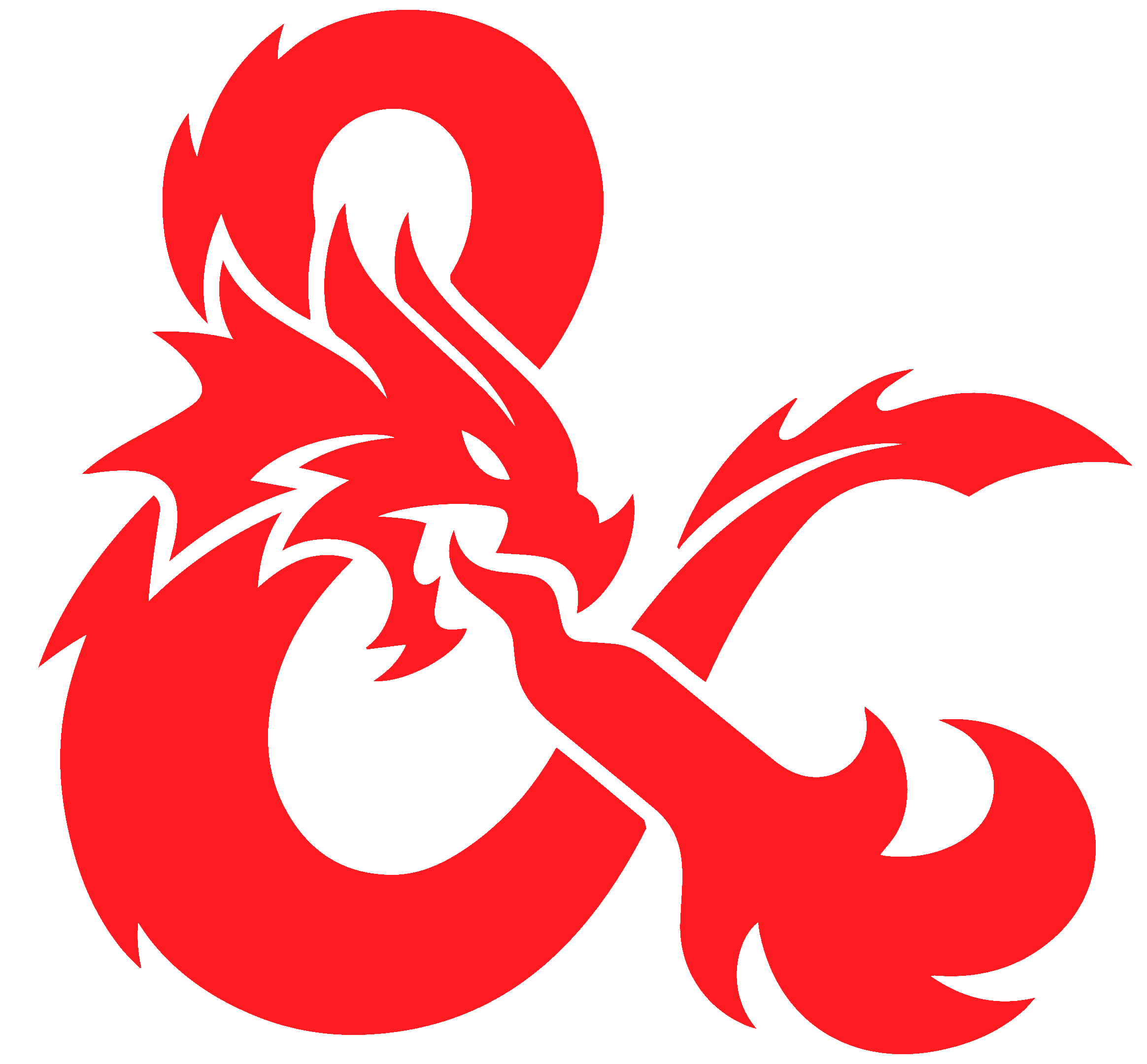cross-posted from: https://lemmy.ml/post/5440556
Basically what’s in the meme. I don’t know if this is an appropriate post here, but I don’t have all the specifics.
The gist though is pretty much as described - limit break is its own resource(Like a channel divinity charge) that you can use for Action Surge and then, perhaps, a new ability for each subclass. These charges would refresh on short rest(that’s important) and you could maybe even gain a third ability of your choice at higher levels, and of course you gain more charges as you level.
Champion’s could be called Honour-Bind and act as a sort of pseudo Compelled Duel ability, to force aggro on you(advantage on Opportunity Attacks, Crossbow Expert negated if it isn’t against you, bonus to AC for not having any allies within melee range but having multiple enemies within melee range, etc).
Banneret could get Rallying Cry as this instead of just a pathetic add-on to Second Wind - The user and everyone who hears it gains 5 or so turns of a bunch of Temp HP, immunity to frightened, advantage against poisoned and charmed, some sort of bonus to damage dealt with attacks, and then maybe even instantly stabilizes if they’re on death saves, or even just straight-up gets up at 5 HP.
This is made with the idea of BattleMaster maneuvers being resourceless and available to all martials in mind(hence the title), but if it’s still a subclass it could just outright gain a huge bonus to its maneuvers for a time.
Rune Knight could just slightly buff its third level Giant’s Might ability(The thing that makes you beeg) and have that as its Limit Break.
This was also made with the idea of making Barbarian a fighter subclass in mind, and of course, Barbaric Rage is that subclass limit break.
Maybe even Ranger, and a version of Hunter’s Mark becomes their Limit Break? For instance, you could split into three different versions - Pinpoint, which would give you bonuses to attacks against your mark(which are different, but not necessarily strictly better or worse, depending if they’re melee, ranged, or even with spells), Chase, which would speed you up and make it easier to slow down, grapple, tackle etc your mark(or pick it up or steal it if it’s an object), and Stalk, which…well, lets you hide and stalk your mark, maybe even allowing bonus action dodging. Maybe that’s a bit too many subclasses for one class, though…This was obviously conceptualized for D&D, though I think it would work in other games like Pathfinder just as well. Any sort of tips for what exactly to do with this?


I fundamentally don’t understand why classes having a different amount of options is a problem. But then again, maybe I just have brain rot from decades of playing B/X and BECMI.
In the older editions, like the ones you’re talking about, casters had serious downsides. Between being very fragile, spells being interrupteable, and sometimes having different XP amounts, casters were kinda ‘glass cannons’, and needed a martial frontline.
In 3.5 and 5e, casters have had these harsh downsides decreased or removed, while not otherwise losing power. They are more or less strictly better than martials, in the sense they can do 90%+ of what martials can do better than they can do it, while also doing several other things. And the few things martials do do better, it’s by slight degrees.
It’s not just that casters are powerful, it’s that they’re powerful and flexible, able to be top tier in several different roles at the same time, and can change what roles they cover by resting and swapping spells.
Whereas martials can sometimes build to be top tier in one role, but they’re largely locked into that one role, or can build to be okay in several roles (and be outclassed by casters in all of them).
You put that WAY better than I did.
And yeah, At this point Casters really can just do everything martials can, better, and more. There’s just no denying that.
Yeah. It was worse in 3.5 ironically; despite casters having more downsides than 5e, spells were overall stronger. It did leave this narrow window at levels 1 and 2 where martials were basically strictly better, but caster quickly skyrocketted in power, especially if you were playing with prestige classes.
Spell power was reigned in for 5e, and pretty sharply at that (most notably from adding Concentration). But, they also washed away caster downsides, by making cantrips at will, casters not quite so fragile, and by softening Vancian casting. 5e is still absolutely more balanced than 3.5, but that’s not saying a lot; 3.5’s power level was all over the place.
Still, I feel like 5e’s levels 1-5 are pretty balanced, and the martial/caster imbalance doesn’t really become painful until like, level 12.
When power levels of the degree of modern TTRPGs are expected of characters, D&D sort of becomes a game all about your options and which you choose when. If certain characters have inherently MORE options to pick from in such a setting, that means they are essentially objectively better by default.
I am not sure we’re playing the same game. Certainly not in the same way.